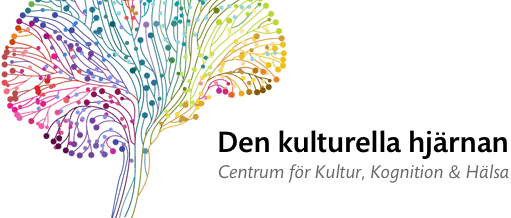On Thursday March 6th, Mary Helen Immordino-Yang gave a lecture through videolink for an audience at the Karolinska Institute and its course "Culture and Health" on the topic "Embodied Brains, Social Minds, and the Emotional, Cultural Self".
Immordino-Yang told about brain scanner studies of people listening to a story with strong emotional content, either pain-based (feeling compassion) or reward based (feeling admiration), and either evoked by physical circumstances (compassion for physical pain, admiration for a skill) or by psycological/mental circumstances (compassion for psychological pain, admiration of a virtue). A stricing difference were found in location of brain activation between emotions evoked by physical circumstances and psychological/mental circumstances, regardless of whether the feeling was pain-based or reward-based. The regions activated during emotions created by psychological/mental circumstances is also known to be active during internal reflection, but supressed when attention is directed outwards.
About Mary Helen Immordino Yang
Mary Helen Immordino Yang is Assistant Professor of Psychology at the Brain and Creativity Institute, and Assistant Professor of Education at the Rossier School of Education, at University of Southern Califonia, Los Angeles. She studies the interplay between emotions and cultural experiences, development, cultural background and learning. She has among other things studied emotional reactions during storytelling by fMRI.
Some publications
Immordino-Yang, Studying the Effects of Culture by Integrating Neuroscientific with Ethnographic Approaches. Psychological Inquiry: An International Journal for the Advancement of Psychological Theory, 24: 42. (2013)
Immordino-Yang & Singh, (2013). Hippocampal contributions to the processing of social emotions. Human Brain Mapping, 34: 945 (2013)
Immordino-Yang et al, Neural correlates of admiration and compassion. PNAS. 106:8021 (2009)
A discussion
between Mary Helen and Howard Gardner on digital media, learning and empathy:


